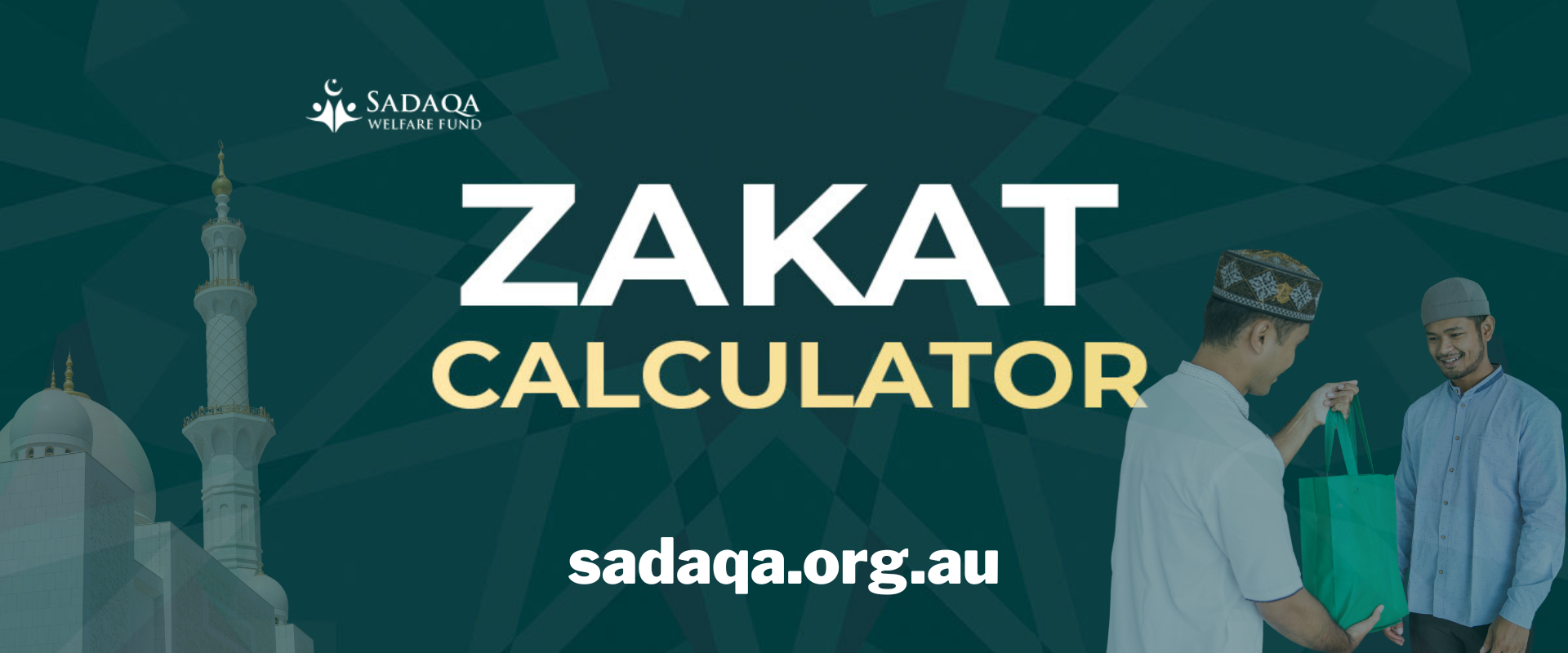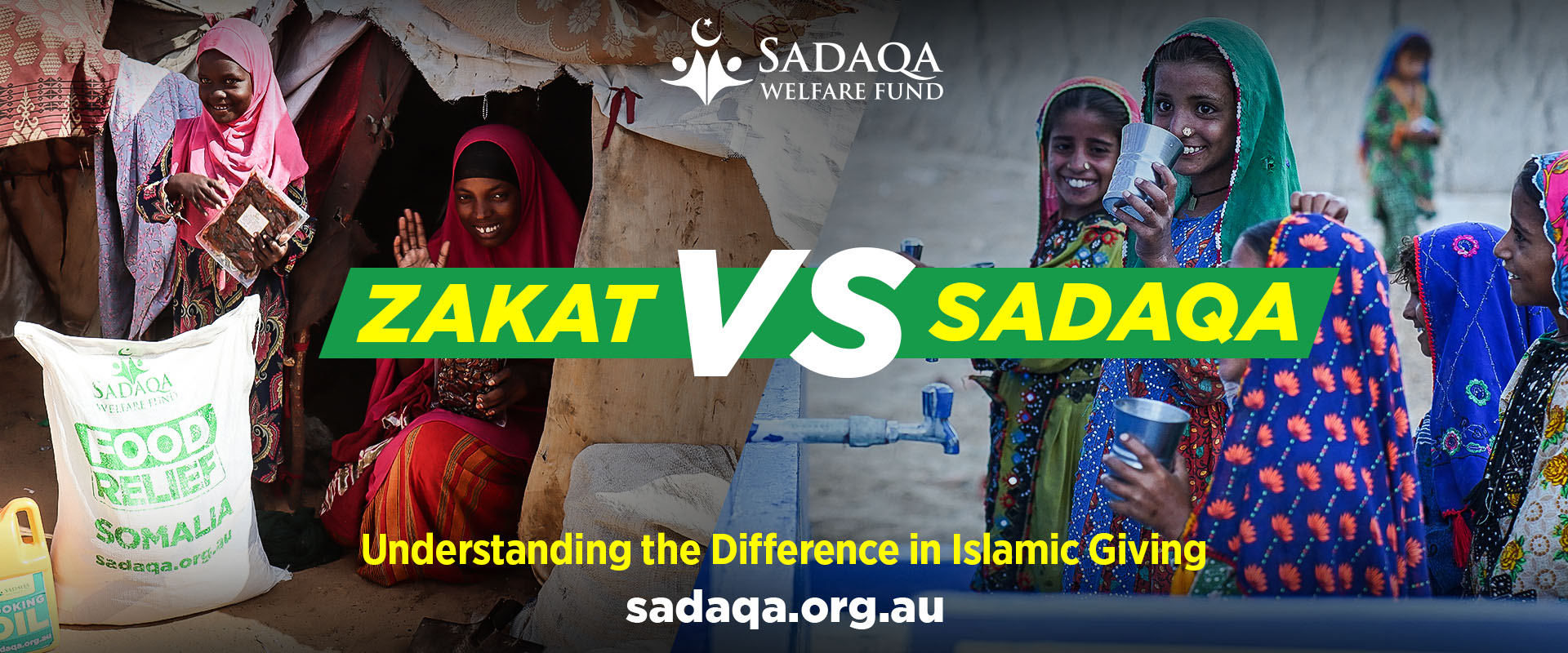When is Zakat due?

When is Zakat due?
Zakat is an obligatory act of charity for eligible Muslims and is due once a year on wealth that has been in one’s possession for a full lunar year (Hawl). The exact timing of paying zakat can vary depending on the individual’s financial calendar, typically coinciding with the date they first became eligible to pay it, known as the "zakat due date." To determine eligibility, a person must possess wealth that meets or exceeds the nisab, the minimum amount of wealth necessary for zakat to be due. The nisab is calculated based on the value of 85 grams of gold or 595 grams of silver, and it can fluctuate based on the current market prices of these metals.
Zakat is usually due at the same time every year, and many Muslims choose to align their payment with the month of Ramadan due to its spiritual significance, although it is not required to pay specifically during Ramadan. To stay organized, many opt for a specific date that serves as a reminder, ensuring that their wealth calculations are consistent and the payment is made on time.
Eligible assets include cash, savings, investments, business assets, rental income, and other valuables, minus any outstanding debts or liabilities. Once calculated, the zakat owed is typically 2.5% of the qualifying wealth.
While zakat can be paid anytime after the due date, delaying it without a valid reason can be discouraged, as timely payment ensures the funds reach those in need more quickly. Making regular contributions throughout the year, even before the due date, is also acceptable and can be beneficial for managing larger payments








